Building training intensity with HIIT
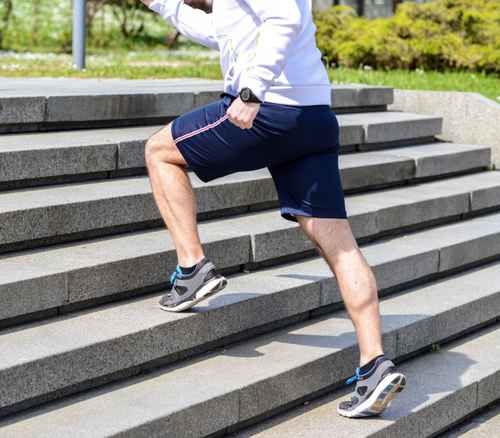
In the past year or two, High-intensity interval training (HIIT) has seen a big surge in popularity, largely due to its versatility and its claims to higher levels of calorie burning. HIIT is a method of training that involves repeated sessions of maximum intensity exercise typically sustained for 30 seconds, followed by a rest interval…
THE SKILLS TAUGHT BY VOLLEYBALL COACHES AND THEIR RELATION TO LONG-TERM ATHLETE DEVELOPMENT

SIRC is pleased to be working together with Sport Canada to share current research on topics informing policy and promoting quality sport programming. This week we are sharing highlights of a recent article reviewing a research study on THE SKILLS TAUGHT BY VOLLEYBALL COACHES AND THEIR RELATION TO LONG-TERM ATHLETE DEVELOPMENT. Skills trained by coaches…
Plyometrics – Bridging the Gap between Speed and Strength
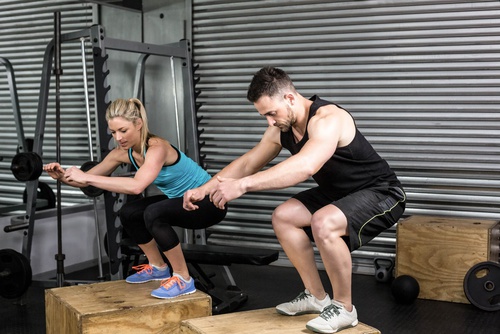
Plyometric training (often termed jump training or plyos) is a combination of sport-specific exercises that combine power, speed, and strength in order to enhance performance. While this type of training can work for any athlete, sports that have a lot of stopping, starting, frequent changes in direction, sprinting, and jumping will tend to see the…
Escaping the In-Between: A Rationale for Training Away from Home
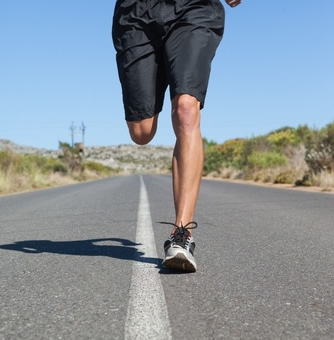
Many Canadian athletes take advantage of travel to other regions and countries to experience training in different climates and/or different physical environments. For many it is an opportunity to train at different conditions and for some to escape the cold, hot, rainy or snowy weather of Canada. We asked Jason Dunkerley, Paralympic runner, to share…
Sport Academies: A Growing Phenomenon in Canadian Schools

SIRC is pleased to be working together with Sport Canada to share current research on topics informing policy and promoting quality sport programming. This week we are sharing highlights of a recent article reviewing a research study on SPORT ACADEMY TREND IN ALBERTA, CANADA. Sport Academies: A Growing Phenomenon in Canadian Schools. Balderson, D. (2015)….
REGULATIONS AND STRATEGIES USED IN THE MANAGEMENT OF ATHLETE RETENTION.

SIRC is pleased to be working together with Sport Canada to share current research on topics informing policy and promoting quality sport programming. This week we are sharing highlights of a recent article explores the REGULATIONS AND STRATEGIES USED IN THE MANAGEMENT OF ATHLETE RETENTION. Understanding Talent Retention within a Sport System. Edwards, Jonathon. (2016)….
Protein – How much does an athlete really need?

Training and nutrition go hand in hand, as muscle growth happens only when exercise and diet are combined. A question that comes up often among athletes and weekend warriors alike is one that centres around protein intake, specifically how much and are supplements necessary? Protein, at its most simple, is a combination of amino acids….
RELATIONSHIP BETWEEN AMATEUR ATHLETES’ LEISURE LIFESTYLE AND SPORT DROPOUT

SIRC is pleased to be working together with Sport Canada to share current research on topics informing policy and promoting quality sport programming. This week we are sharing highlights of a recent article explores the RELATIONSHIP BETWEEN AMATEUR ATHLETES’ LEISURE LIFESTYLE AND SPORT DROPOUT. Leisure Lifestyle and Dropout: Exploring the Experience of Amateur Athletes in…
What I Wish I Knew Then – 5 Lessons Learned from a High Performance Athlete
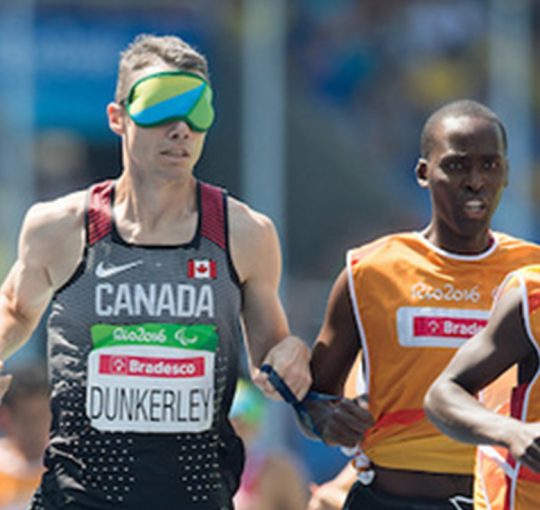
Sport teaches us innumerable lessons. When I reflect on my own sporting journey, I cringe at some of the mis-steps I took as a younger athlete. This is not to say that today I’m past the point of making mistakes. Some of us are slow learners after all, and even those of us with years…
Examining Difference: LTAD and Athletes with a Disability
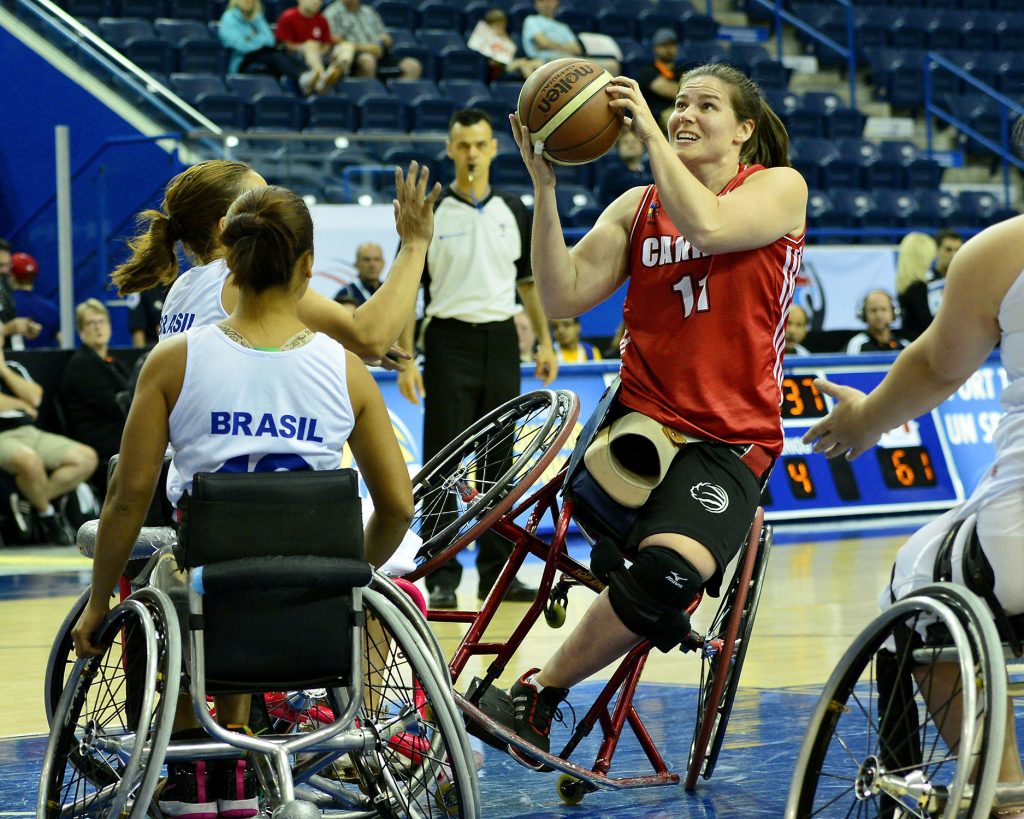
Canada’s Long Term Athlete Development Model offers an important conceptual framework to chart athlete development along the continuum of sport participation from playground to podium. Yet among athletes with a disability, each of whom enters and engages within the sport system in a unique way, it can be difficult to delineate a common pathway. Individuals…